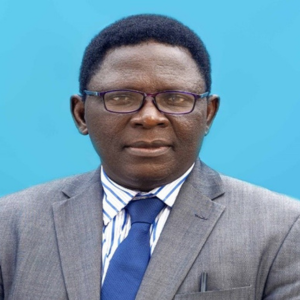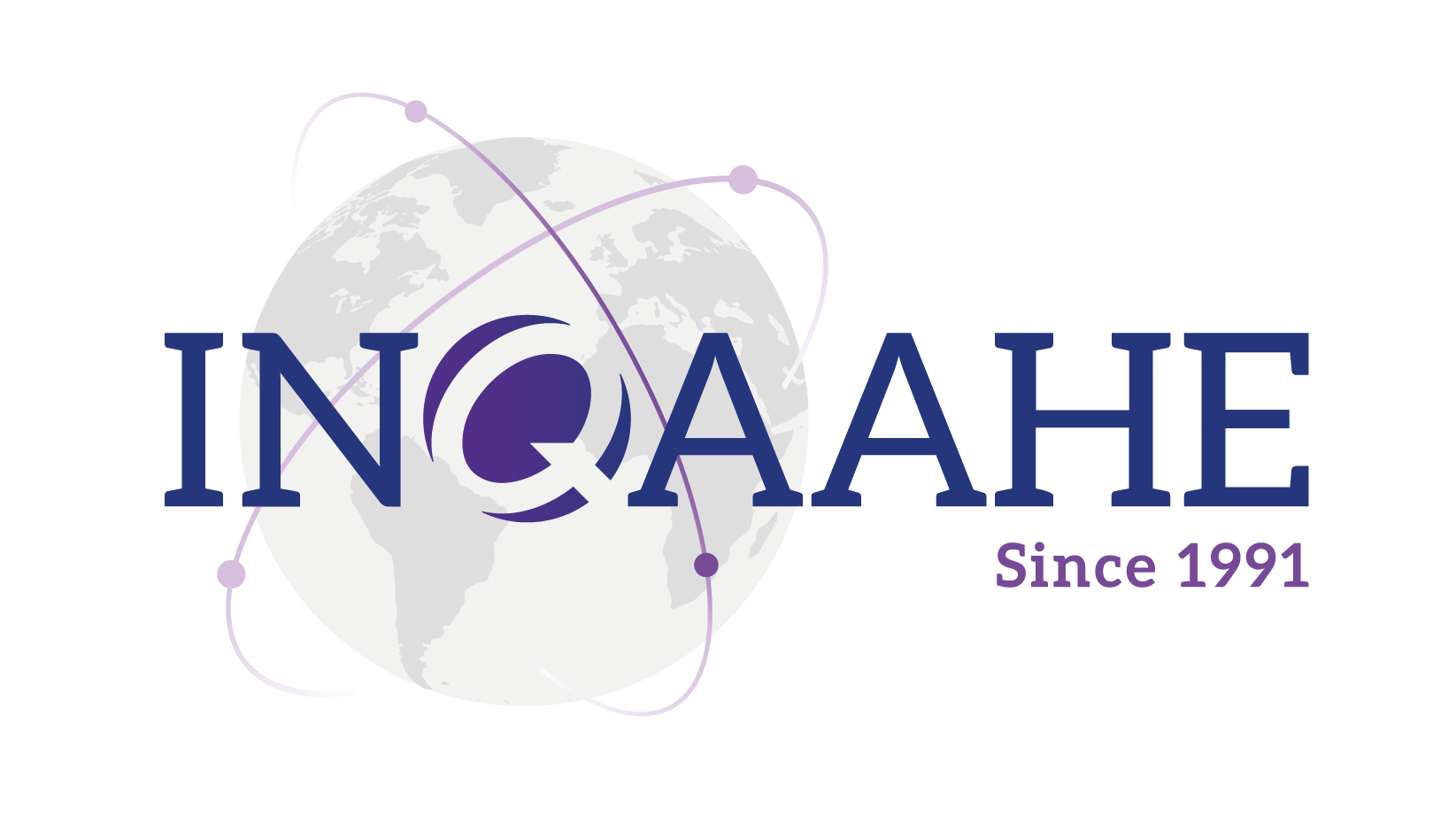
INQAAHE Forum 2024
Transforming Society: Social Reponsibility trough Quality Assurance of Tertiary Education
June 11, 2024
Keynote session
Breaking barriers: Bridging the gap to quality education for all
Quality education refers to educational delivery in a conducive environment to learners who are healthy and supported by their families and communities and using processes, teachers and mechanisms that will help them to get the best of the educational process. Quality education demands that learners acquire essential knowledge and relevant life skills, such as communication, problem-solving, creativity, teamwork, and digital literacy. Quality education encourages critical thinking, creativity, curiosity, independent thinking, and problem-solving abilities in the learners.
In a study by the University of Bristol, it was found that three levels of environments are required to cultivate quality education. Education quality is shaped by the linkages between these three contextual levels, and they include:
(a) The policy environment which tends to operate at the national level and is seen in the way it defines the education financing, curriculum, regulates teacher training and qualifications and establishes mechanisms to manage and monitor performance and quality.
(b) The institutional environment where implementations of the educational policy are carried out and this depends on the schools leadership and management system.
(c) The home and community environment, which is quite often overlooked or neglected but which has great implications for the overall quality of the education acquired by the learner.
Quality education for all means that every individual, regardless of their background, has access to an education that is comprehensive, inclusive, and effectively prepares them for life, work, and citizenship through a holistic and well-rounded learning experience.
Sustainable Development Goal 4 seeks to ensure inclusive and equitable education and promote lifelong learning opportunities for all. It is premised on the belief that providing quality education for all will help to end extreme poverty by 2030.
Unfortunately, there are several barriers that need to be broken to achieve quality education for all. These include, (a) Funding, (b) Access, (c) Curriculum relevance, (d) Teacher quality and availability, (e) Infrastructure and resource deficiencies, (f) Equity, Inclusion, and diversity, (g) bad leadership and management of institutions and policies, among others.
Breaking the barriers and bridging the gap to quality education for all requires a collaborative and multi-stakeholder approach that involves governments, communities, educators, NGOs, and international organizations. It will demand strategic investment in education, implementing inclusive policies, improving teacher training, and ensuring equitable access to quality education for all individuals. Some critical actions will need to be taken, including:
-
Improved funding for education at all levels.
-
Ensuring equal access to education regardless of socio-economic status, geographical location, or other barriers
-
Investment in infrastructure and resources such as classrooms, libraries, etc.
-
Promotion of Teacher training to enhance pedagogical skills and knowledge.
-
Leveraging technology to bridge the geographical and financial divide to quality education by the promotion and development of online learning platforms, educational apps, and other digital resources to provide access to quality education.
-
Advocating for policies that support quality education for all is crucial. This includes addressing societal attitudes and prejudices that may limit access to education based on gender, socio-economic status, disabilities, or other factors.
-
Collaboration between governments, non-governmental organizations (NGOs), and private sector entities is also vital in bridging the gap to quality education. Partnerships can help mobilize resources, share expertise, and develop innovative solutions to address the barriers that hinder equal access to education.
Each institution will need to improve their internal quality assurance protocols to create inclusive learning environment that will help them to break down barriers to equitable access to quality education for all. They will need to embark on this journey by (a) ensuring curriculum relevance, (b) training and re-training of their teachers, (c) engaging technology in the learning process, (d) promoting learning methods that is learner-centered, (e) using appropriate internal quality assurance mechanisms to monitor their progress and success, and (f) ensuring quality leadership and management of educational institutions that will provide and ensure quality service delivery.
Facilitated by:
 Prof. Olusola Bandele, OYEWOLE
Prof. Olusola Bandele, OYEWOLE
Professor Olusola Oyewole is the Secretary-General of the Association of African Universities, Accra, Ghana. He was the Vice-Chancellor of the Federal University of Agriculture, Abeokuta from May 2012 to May 2017. He has over thirty-eight years’ experience in the African Higher education system. He has served as a Senior Expert at the African Union Commission in Ethiopia, Addis-Ababa. Prof. Oyewole was the Coordinator of the British Government sponsored project on the “Mobilization of Regional Initiatives for the revitalization of higher education in Africa”, at the Association of African Universities (AAU), Accra, Ghana, from 2007 to 2009.He has also served as the Project Officer of the World Bank project on “Quality Assurance for African Higher Education systems” at the AAU (2006 – 2009). Olusola Oyewole interests in higher education include Quality assurance, Leadership and Management, Research, Development, and Innovations, among others.
If you have any question about the event, please do not hesitate to contact INQAAHE and/or the Forum host, ARACIS.


